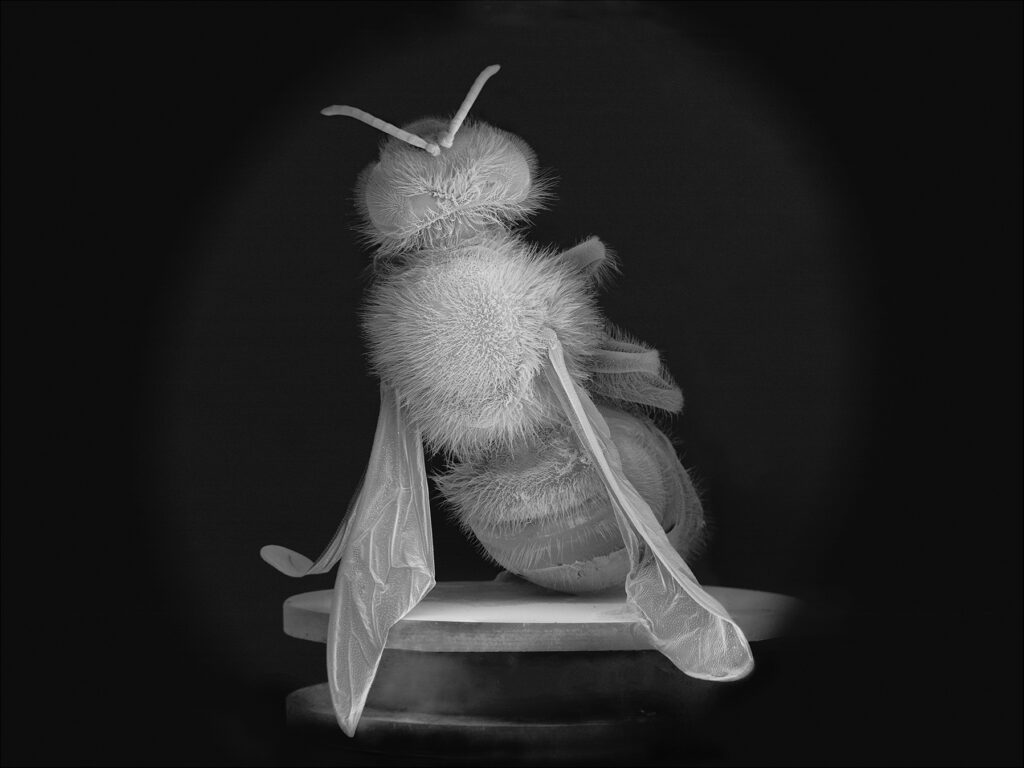This originally appeared in our Today in Books daily newsletter, where each day we round up the most interesting stories, news, essays, and other goings on in the world of books and reading. Sign up here if you want to get it.
________________________
The Best Books of 2024 (So Far)
I am linking to this short list not because it is definitive or right, but because holy moses it is April. With the year a quarter gone, it makes sense to take stock of the year in books. Wandering Stars, included here, does seem to have an early case as the book of the year, but there is a long way to go (James is hot on its heels and closing). That said, it has been somewhat of a quiet year in books, but the first few months are always so. April is hot and the summer is always jammed.
After Allstora’s Messy Launch, The Lavender Rhino is Coming
Allstora’s launch, messaging, and response was a mess. The spirit didn’t seem to match the actions of the LGBTQ+-focused online store, at least at first. A more indie-spirited indie effort named The Lavender Rhino will open online April 6th, with aspirations for a brick and mortar store in the future. A word advice for this multi-colored pachyderm: get your story right about Ingram right now.
Horror Sales are Up 50%
There have been breakout hits, new imprints, and generally a mainstreamification of horror books over the last few years. And the sales numbers are following suit. This piece in The Guardian suggests that an evolution of horror towards issues confronting women has helped some horror titles in the social media world (caveat: no sales numbers for these titles are cited). I have a more general theory: kids who grew up in the 80s and after reading Stephen King in the library are now in their 50s and younger: prime ages to be writers and readers now. These folks are doing other things with horror, but it took several decades for their early exposure to manifest in their reading and writing habits.
Copyright
© Book Riot










